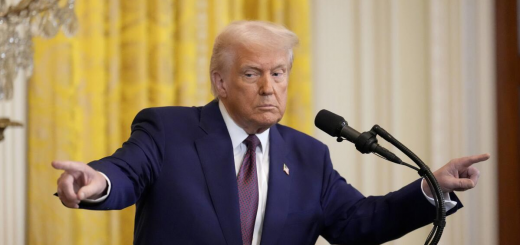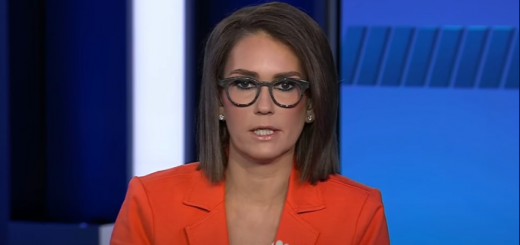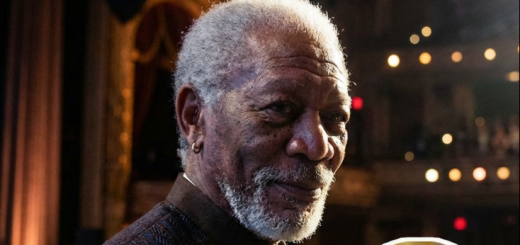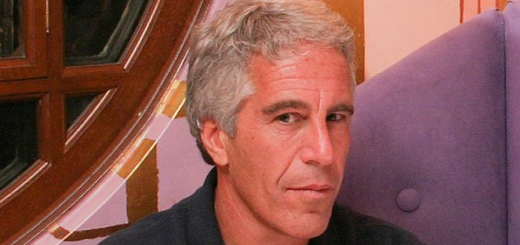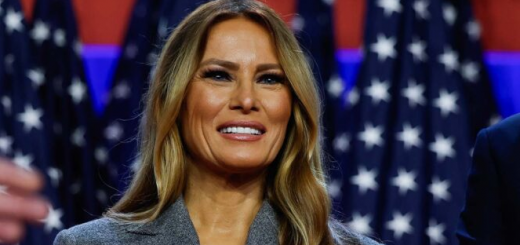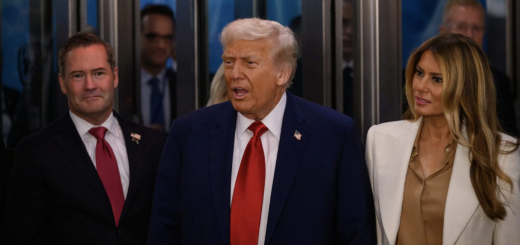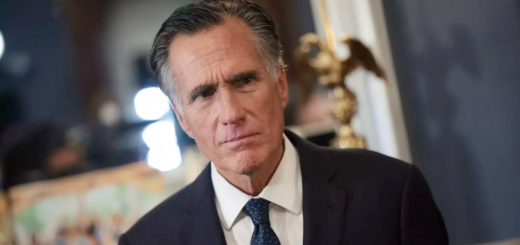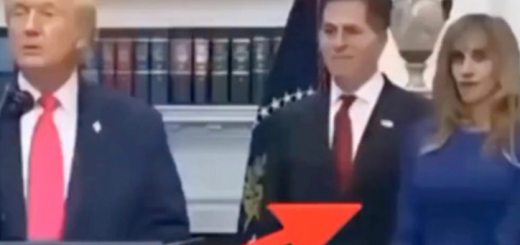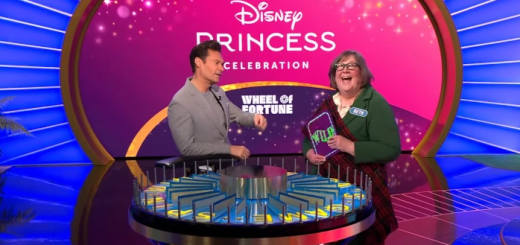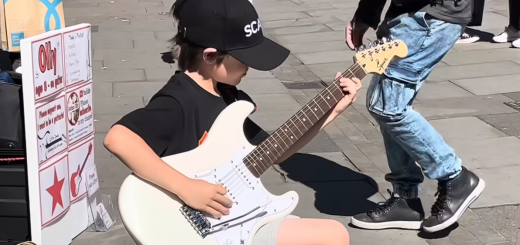Greta Thunberg Claps Back at Donald Trump After “Anger Management” Comment
The ongoing public rivalry between Donald Trump and Greta Thunberg flared up again, this time following the Swedish activist’s detention and deportation by Israeli authorities during the Global Sumud Flotilla to Gaza—a convoy of boats aimed at challenging the blockade.
Upon arriving in Athens, Thunberg addressed cheering supporters, calling the mission a demonstration of “solidarity across borders.”
Hours later, Trump weighed in, labeling Thunberg a “troublemaker”, remarking on her “anger issues”, and suggesting she “should see a doctor.”
He also claimed she was no longer focused on environmental issues, framing her participation in the flotilla as disruptive rather than constructive.
Thunberg’s Swift and Sardonic Response
True to her style, Thunberg delivered a sharp, controlled reply via Instagram:
she “appreciated his concerns” for her mental health and would “kindly receive any recommendations” for dealing with anger management problems—pointingly noting that, given Trump’s “impressive track record”, he might have expertise in the area.
The quip landed like a perfectly timed punch: minimal words, maximum impact, and instantly shareable across social media.
The Public Reaction
Social media erupted as clips of Trump’s remarks and Thunberg’s comeback circulated on X, Instagram, and TikTok.
Supporters of the activist framed the flotilla as a courageous act of civil disobedience linking climate justice to human rights. Critics used the moment to question her focus on environmental issues, framing the action as attention-seeking.
This episode echoes their longstanding dynamic:
Trump uses maximalist rhetoric—loud, repetitive, and broadly dismissive – while Thunberg employs precise, minimalist, and ironic messaging, turning attacks into shareable statements that amplify her voice rather than diminish it.
Generational and Cultural Context
The clash underscores a deeper divide: Thunberg represents youth-driven, intersectional activism that leverages online platforms for global impact.
Trump, in contrast, critiques what he sees as performative protest and seeks to rally audiences skeptical of activist spectacle.
Each communicates in ways aligned with their respective followings, ensuring the exchange resonates widely without persuading the other’s base.
Why This Matters
Even brief exchanges can reignite long-running debates, shape public perception, and highlight generational and ideological tensions.
Thunberg’s composed, sarcastic retort demonstrates the power of restraint in public discourse, while Trump’s commentary reinforces his enduring role as a provocateur in cultural debates.
Bottom Line:
Greta Thunberg and Donald Trump are as predictable as they are polarizing.
Their latest interaction illustrates how words alone can spark global attention, energize supporters, and reignite debates on activism, dissent, and leadership.
Whether one agrees with Thunberg, Trump, or neither, it’s clear: this rivalry isn’t just about personalities—it’s about the broader clash of generational vision, strategy, and public influence.

